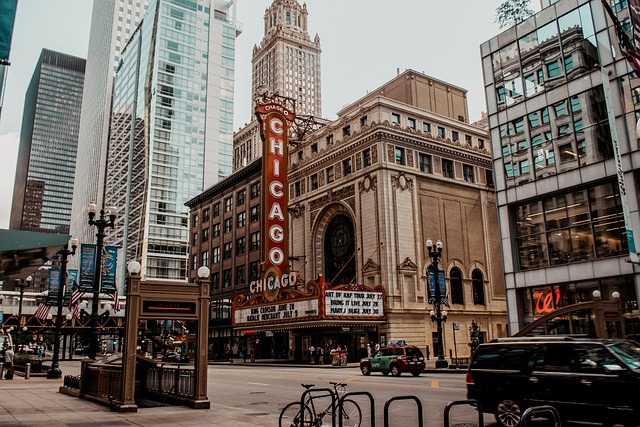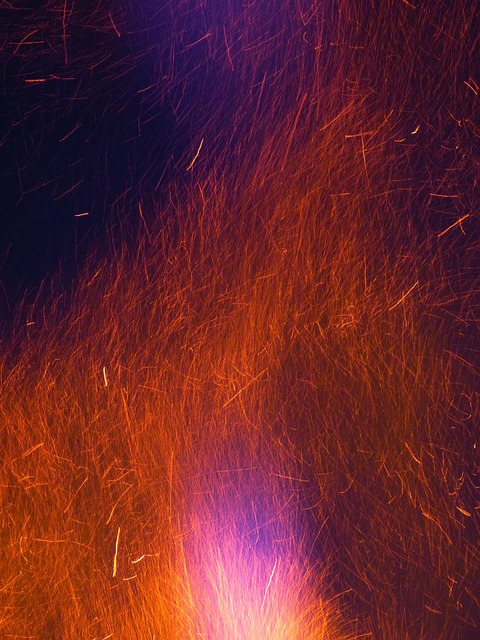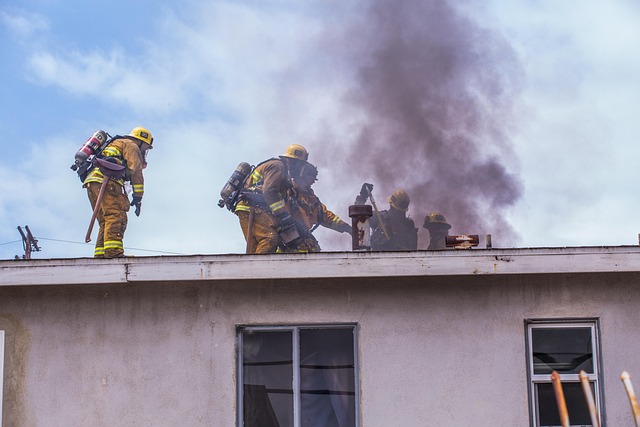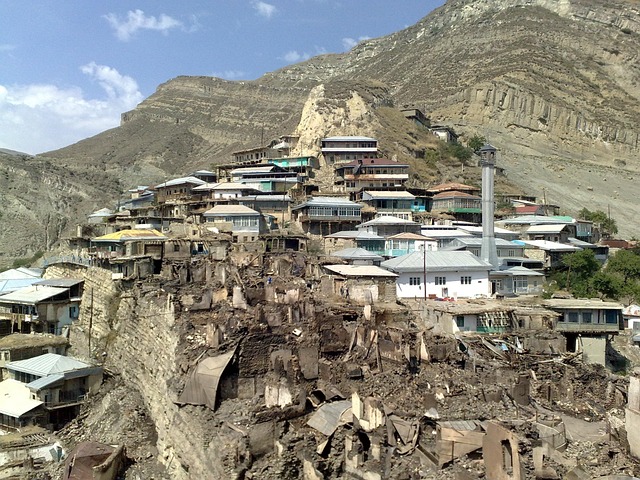Chicago's thriving real estate market offers a variety of investment opportunities, with significant growth driven by a strong job market. Property values are rising in popular neighborhoods like Lincoln Park, Wicker Park, and Bucktown. A notable trend involves rehabilitating fire-damaged properties, which can be acquired at lower prices, renovated, and either resold or rented, capitalizing on the city's booming real estate scene. "How to sell a fire damaged house Chicago" has gained popularity as investors recognize this lucrative opportunity.
Chicago’s real estate market offers both unique challenges and lucrative opportunities for investors. This article explores the diverse landscape, focusing on an often-overlooked segment: fire-damaged properties. We delve into the trends, strategies, and legal considerations essential for navigating this niche, offering valuable insights on how to sell a fire-damaged house in Chicago successfully. From understanding market dynamics to mastering rehabilitation techniques and building professional networks, this guide equips investors with the tools to thrive.
Understanding Chicago's Real Estate Market: Trends and Opportunities for Investors

Chicago’s real estate market is dynamic, offering both seasoned investors and newcomers an array of opportunities. Understanding the city’s unique trends is crucial for success; Chicago has experienced significant growth in recent years, driven by a strong job market and attracting folks from all over. This influx has led to increasing property values, especially in sought-after neighborhoods like Lincoln Park, Wicker Park, and Bucktown—areas known for their vibrant culture and easy access to downtown.
When it comes to investing, Chicago presents diverse options, including high-rise condos, single-family homes, and even opportunities to rehabilitate fire-damaged properties. For instance, how to sell a fire damaged house Chicago has become an emerging trend as investors recognize the potential for transformation. These distressed properties can be acquired at lower prices, allowing investors to renovate and resell or rent, capitalizing on the city’s booming real estate scene.
Chicago’s real estate market offers both challenges and opportunities for investors. By staying informed about local trends, such as the growing demand for affordable housing and the potential benefits of investing in distressed properties, including fire-damaged houses, investors can successfully navigate this dynamic market. Understanding how to sell a fire damaged house in Chicago can be lucrative, providing an edge in a competitive environment. With careful strategy and adaptability, real estate investors can capitalize on opportunities and achieve substantial returns.






